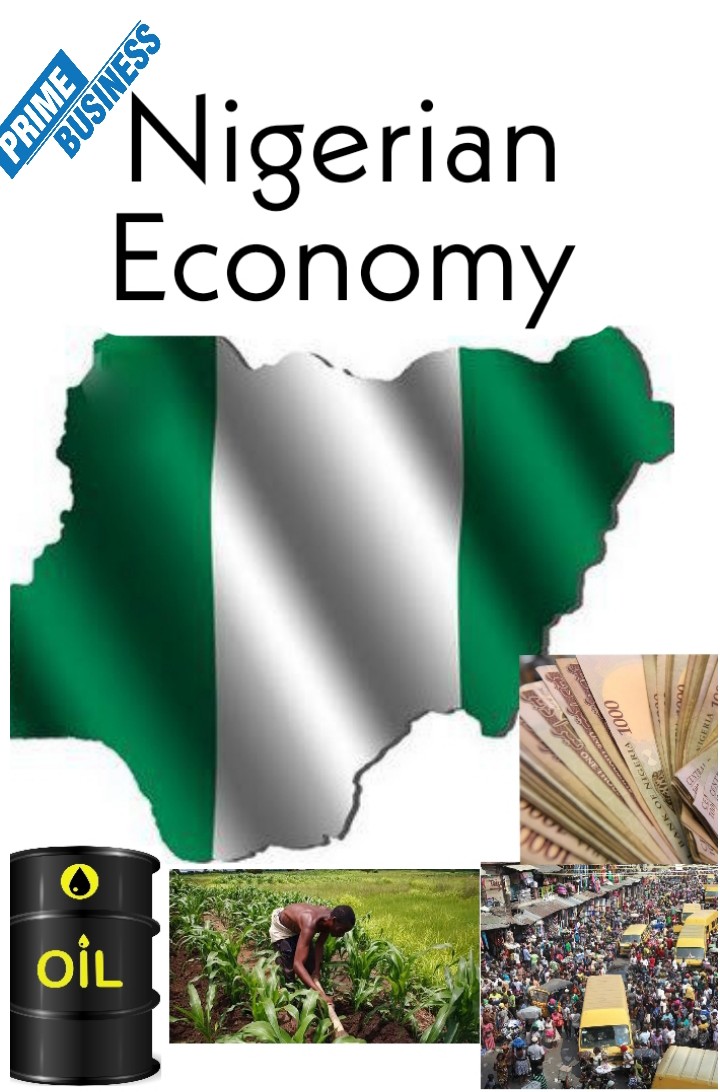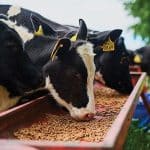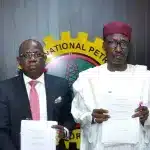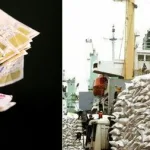With the headwinds causing disruptions in global and domestic economy, the Lagos Chamber of Commerce and Industry (LCCI) has stressed the need for Nigerian government to sustain targeted fiscal Interventions in critical sectors such as agriculture, manufacturing, and export infrastructure in 2023, to stimulate long-term growth.
The year 2022 saw the global economy suffer several shocks caused by high inflation, monetary policy tightening, weakening consumer demand, disruptions by the Russia-Ukraine war, energy crisis and political upheavals.
Join our WhatsApp ChannelLCCI in a statement released on Monday, signed by its Director General, Dr. Chinyere Almona, reviewed the year 2022 and projected an outlook for 2023.

Looking at the global economy, the Chamber stated that due to soaring inflation, high energy cost, monetary policy tightening, and weakening consumer demand, various economic projections point to the likelihood of a recession or a significant slowdown of growth in 2023. It added that the war in Ukraine and increasing sanctions on Russia may continue to impact supply chains for commodities and cause shocks to financial systems across the world.
On the domestic front, the chamber noted that the factors that may continue to drive the major economic indicators are “the rising inflation rate, tight monetary policies, an unstable currency, foreign exchange scarcity, debt burden, currency management, food supply disruptions, exchange rate volatility, and election spending.”
The statement indicated that the Central Bank of Nigeria’s (CBN) Monetary Policy Rate which rose from 11.5 per cent in January and peaked at 16.5 per cent as at November 2022 is expected to rise further during the MPC meeting in January to 17 per cent “to curb the persistent inflation and prevent capital flight.”
The chamber recalled it had recommended that Monetary Policy Rate hikes alone would not curb inflation except the real factors like food supply disruptions, high energy cost, scarcity of forex, among other challenges are addressed.
“In 2023, we need fiscal interventions to support strategic sectors like manufacturing, agriculture, transport logistics, and more allocation of FOREX to productive sectors,” it added.
On the performance of the country’s economy in 2022, the chamber pointed out that it recorded growth in the first three quarters but started slowing down from 3.54 per cent in Q2 to 2.25 per cent in Q3.
“The slowdown was driven by decline in aggregate demand in the face of inflation spikes, commodities’ supply chain disruption, high energy cost, and FOREX scarcity.”
It said that growth is expected to be seen in sectors like manufacturing, agriculture, transport, telecommunications, and trade in 2023 and urged government to be more sensitive in regulation of ICT sector to promote growth and support private sector operations.
Agriculture Sector
It stated that despite challenges on the agricultural sector in 2022 such as insecurity, poor road network to connect markets, high cost of farm inputs and the recent flood disaster, it still recorded growth all through the year and noted that government’s intervention through targeted financing support to the sector can boost agricultural production, create jobs, and lower the soaring food inflation in 2023.
The chamber further noted that the African Continental Free Trade Agreement (AfCFTA) provides a vital opportunity to explore African markets with agricultural products from the government and therefore urged the government to “to scale up plans of establishing special economic zones where agro-processing activities are supported to produce finished food products for our markets and for export.”
“With some of these challenges resolved, we expect to see a higher growth rate at above 3% higher than the less than average 2% recorded in 2022.
“We reiterate our call earlier made that government at all levels should invest more on prevention of climate change induced natural disasters like flooding.”
Manufacturing Sector
The chamber further observed that the manufacturing sector, in 2022, equally suffered headwinds such as scarcity of Forex for import of inputs, weakened consumer demand due to weak purchasing power, high energy cost, logistical challenges, policy uncertainties, and harsh regulatory environment.
The sector recorded a negative growth of -1.9 per cent as at Q3 of 2022.
“With lowering imports due to forex scarcity, local manufacturing could rev up in growth to meet the growing unmet local demand for hitherto imported finished products. However, this can only happen if we address issues like rising inflation, scarcity of Forex, high energy cost, high interest rates, and logistics challenge due to insecurity in most parts of the country.”
The chamber said it is expected that when subsidy on petrol is removed, there would be sharp hike in prices of commodities with shocks to the economy in the short term but there is possibility of adjusted pricing and demand in response to market forces in the long run.
It projected that Dangote Refinery coming into operations by mid-year, will boost production levels and support growth in the manufacturing sector.
However, it warned that the contribution of manufacturing to GDP may fall from the 8.2 per cent recorded during the third quarter of 2022 except the Government takes urgent steps and ensure “targeted financing support to critical productive infrastructure in the country.”
It urged the government to free more money from subsidy payments, tackle insecurity, and oil theft to increase output and earn more foreign exchange.
The chamber also harped on the need for proper monitoring and evaluation of the budget allocations to capital projects and defence expenditures respectively, to tackle infrastructural deficit and the fight against insurgency in the country.
“We urge the government to tackle oil theft to earn more foreign exchange, borrow from cheaper sources to reduce the burden of debt servicing, and pave way for the removal of the fuel subsidy by the incoming government.
“With increased spending by the government for census and general elections, the government must block revenue leakages, reduce costs, and empower the private sector to create jobs and generate more revenue to the government,” it concluded.
Victor Ezeja is a passionate journalist with six years of experience writing on economy, politics and energy. He holds a Masters degree in Mass Communication.


















Follow Us